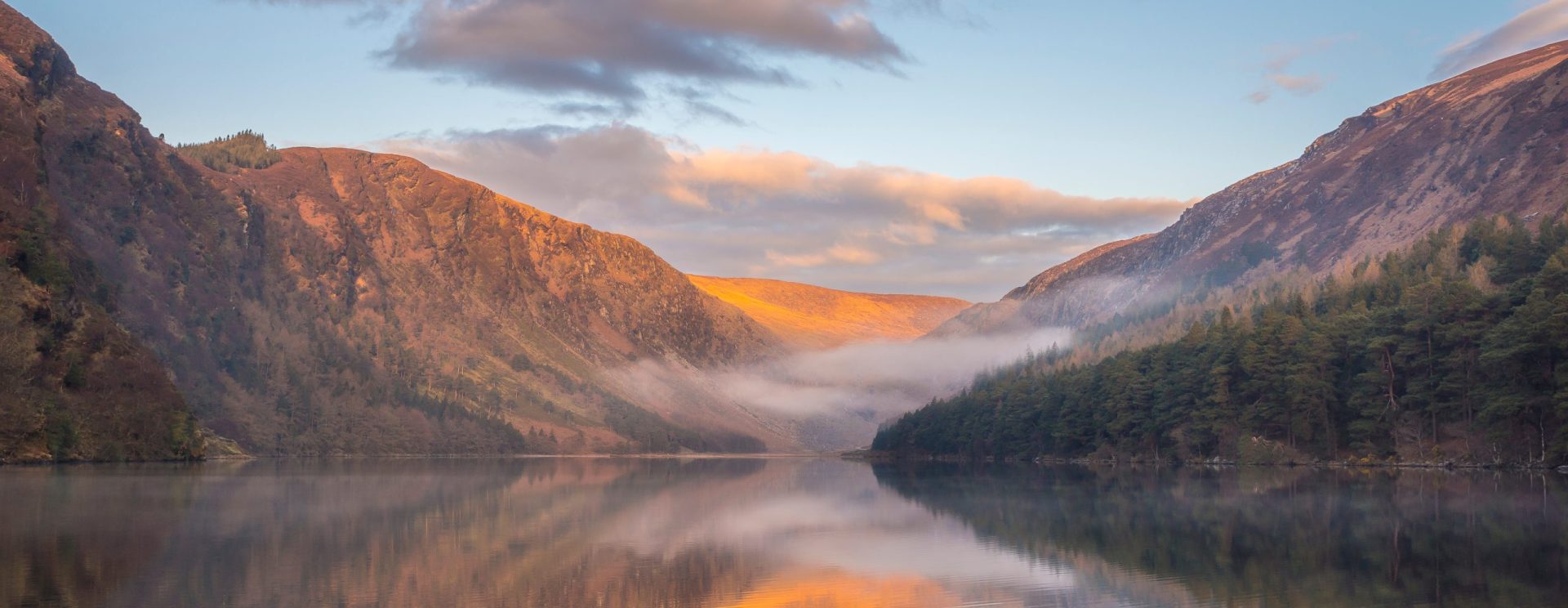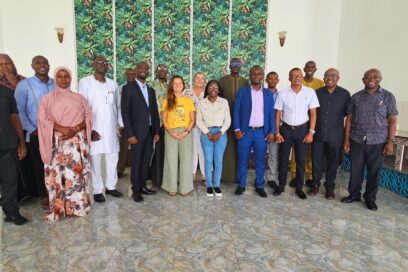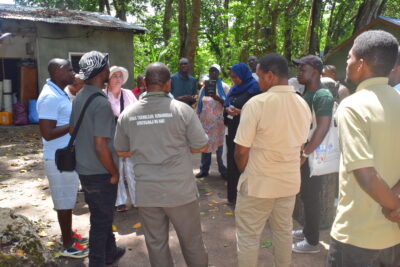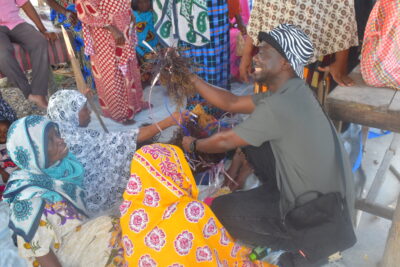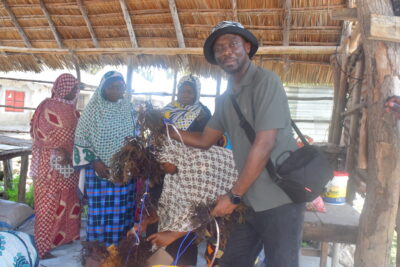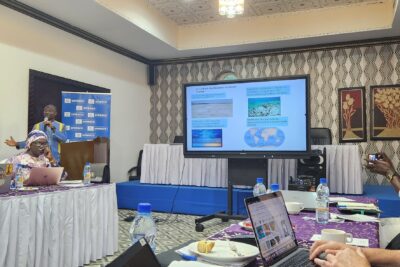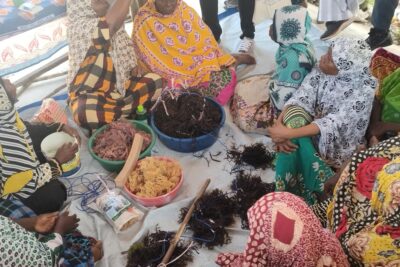This initiative not only strengthened participants’ technical expertise in ocean literacy but also deepened their understanding of the UN Decade of Ocean Science, the importance of marine biodiversity, the pressing threats posed by climate change, and the essential role of Marine Biosphere Reserves in advancing global sustainability goals.
Participants also had the opportunity to learn from the Joazani-Chwaka Bay Biosphere Reserve, a model of successful community-based conservation, ecosystem restoration, and sustainable livelihoods, including seaweed farming and ecotourism. A key highlight of the Joazani model is its equitable benefit-sharing mechanism, ensuring that 50% of conservation-related benefits are reinvested into community-led conservation and sustainable development projects.
RAMPAO extends its sincere gratitude to UNESCO-IOC Africa for its invaluable support in making this initiative a reality and for its commitment to strengthening marine conservation efforts across the region.


